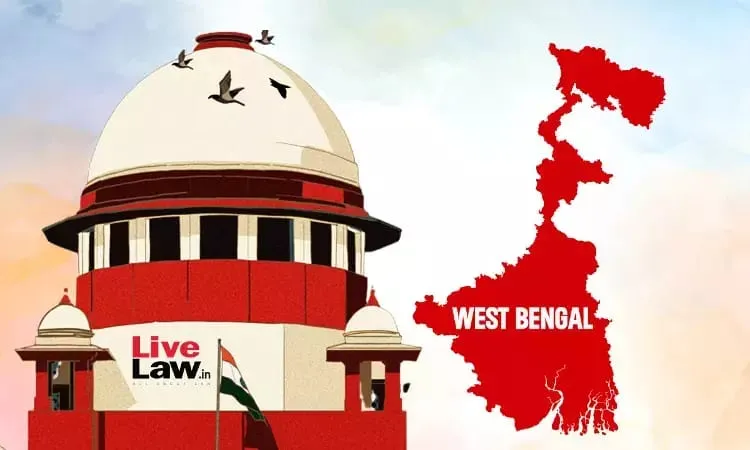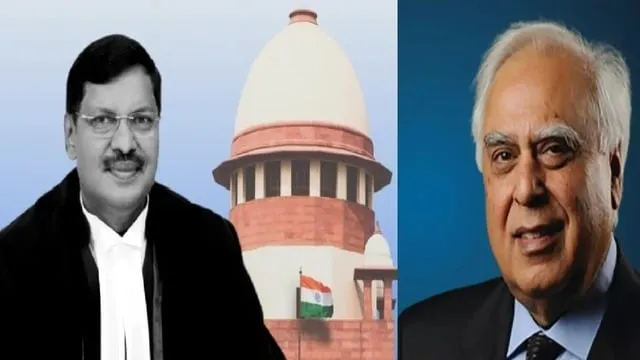Published 07 Nov 2025
Supreme Court Restrains Calcutta High Court From Hearing West Bengal OBC Classification Case
The Supreme Court has restrained the Calcutta High Court from hearing matters related to the OBC reservation list in West Bengal. The apex court will examine whether the state followed proper legal procedures in granting OBC status.

Introduction
The Supreme Court of India has restrained the Calcutta High Court from further hearing the case related to the OBC (Other Backward Class) classification in West Bengal. The apex court has decided to take over the matter and examine whether the state government followed legal and constitutional requirements while deciding which communities should be included in the OBC reservation list.
What Led to the Dispute?
The West Bengal government had recently updated its OBC list by adding several communities.
A petition was filed challenging the process, claiming:
- The state added new communities without proper caste surveys.
- Decisions were made on political considerations instead of social data.
- The OBC list was expanded close to elections, raising questions of motive.
The petition asked the High Court to review whether the classification was valid.
Supreme Court’s Intervention
During the hearing, the Supreme Court stated that:
- Matters involving reservation policies and constitutional interpretation require careful examination.
- Both the state government and petitioners must present data, documents, and records.
- The High Court should not pass any further orders until the Supreme Court finishes reviewing the issue.
The bench added that reservation categories cannot be altered without strong evidence of social and educational backwardness.

What the Supreme Court Will Examine
The Supreme Court will now decide on:
- Whether the state government followed due process while adding communities to the OBC list.
- Whether caste-based surveys or proper data collection were done.
- Whether the classification violates the principle of fairness and equality.
The Court also stressed that reservation policies must be based on data, not decisions made for electoral advantage.
State Government’s Stand
The West Bengal government maintains that:
- The changes were made to improve social justice.
- The state has the power to determine backward-class lists.
- Communities added to the list genuinely need support.
Government lawyers argued that the new OBC list aims to ensure equal opportunities in education and government jobs.
What Happens Next?
- The Supreme Court will hold detailed hearings in the coming weeks.
- All documents related to the OBC update must be submitted to the Court.
- Until a final order is passed, the updated OBC list remains under judicial scrutiny.
The decision will have a major impact on reservation policies in the state and could influence similar debates in other parts of the country.
Conclusion
The Supreme Court’s decision to restrain the Calcutta High Court from continuing hearings signals the importance and seriousness of the issue.
OBC classification affects access to education, government jobs, and welfare schemes. Therefore, any changes must be based on proper data, transparency, and fairness.
The country now awaits the Supreme Court’s final verdict on whether West Bengal’s updated OBC list will remain valid or require a fresh review.

Dr Sudheer Pandey
100% of readers found this post helpful
2 Votes
Click a star to add vote